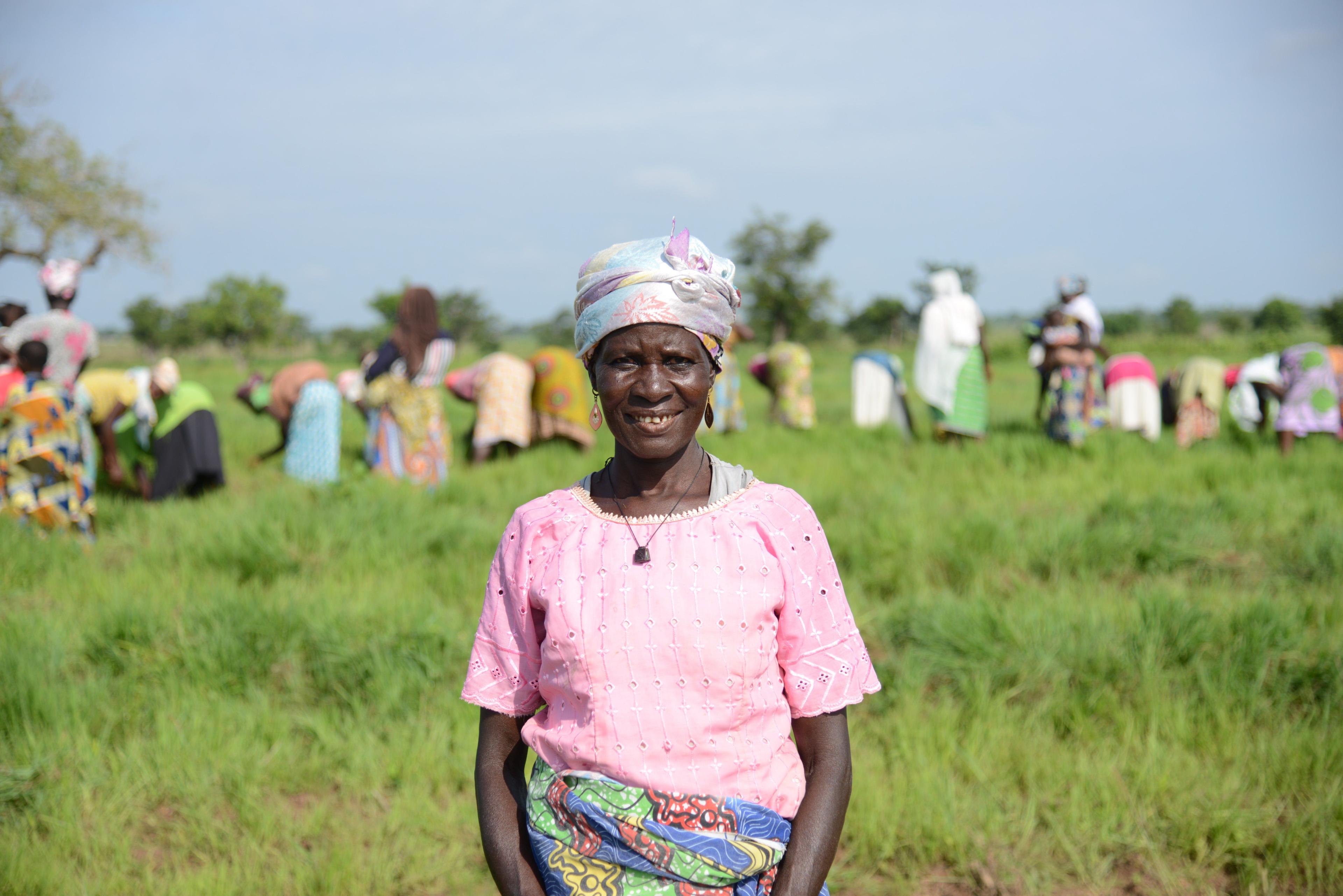Problem and Solution
Small-scale farmers in rural communities in northern Ghana are dependent on rain-fed agriculture. With the region becoming extremely vulnerable to drought, crops under cultivation cannot withstand a changing climate. This creates economic uncertainty and food insecurity, compounded by many female farmers not having property rights.
Amaati works with over 9,500 farmers on smallholder acres and its nucleus farm to cultivate and process Fonio, a highly drought-tolerant grain indigenous to West Africa. It engages local leaders to facilitate female farmers’ access to land and provides smallholder outgrowers with seed financing, training, and market access. Fonio flour and cereal are sold to export markets and local schools, hospitals, and health shops, and the Fonio bran by-product is provided as animal feed.
Climate and Nature Impact
Fonio flourishes in poor, rocky soils and is highly tolerant to drought and pests, requiring minimal inputs. This resilience strengthens the climate adaptability and economic conditions of smallholder farmers. After three years of continuous planting on degraded lands, these areas regenerate, becoming suitable for other crops. During growth, Fonio also serves as an effective carbon sink.
Amaati operates a state-of-the-art processing facility with a 10-ton capacity and a demand 9.6 times greater than current supply. Their innovative approach not only improves food security but also empowers 20,000 rural women by tripling their income and engaging them year-round in sustainable agriculture.
Fundraising and Expansion Plan
The company is raising USD 5.5 million to enhance production capabilities, tighten quality controls, and strengthen local markets. They will also expand into new product lines, using the African locust bean to create diabetic-friendly Fonio biscuits. Amaati has grown exponentially since a USD 1.5 million capital injection, increasing their production capacity tenfold.
